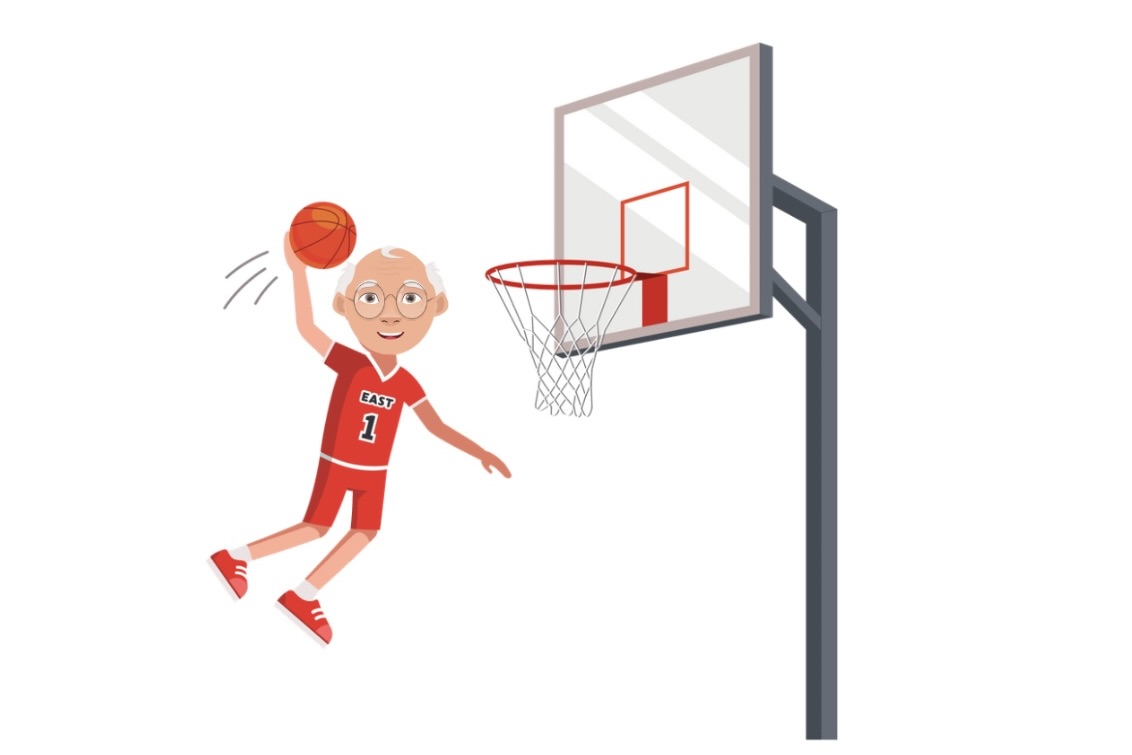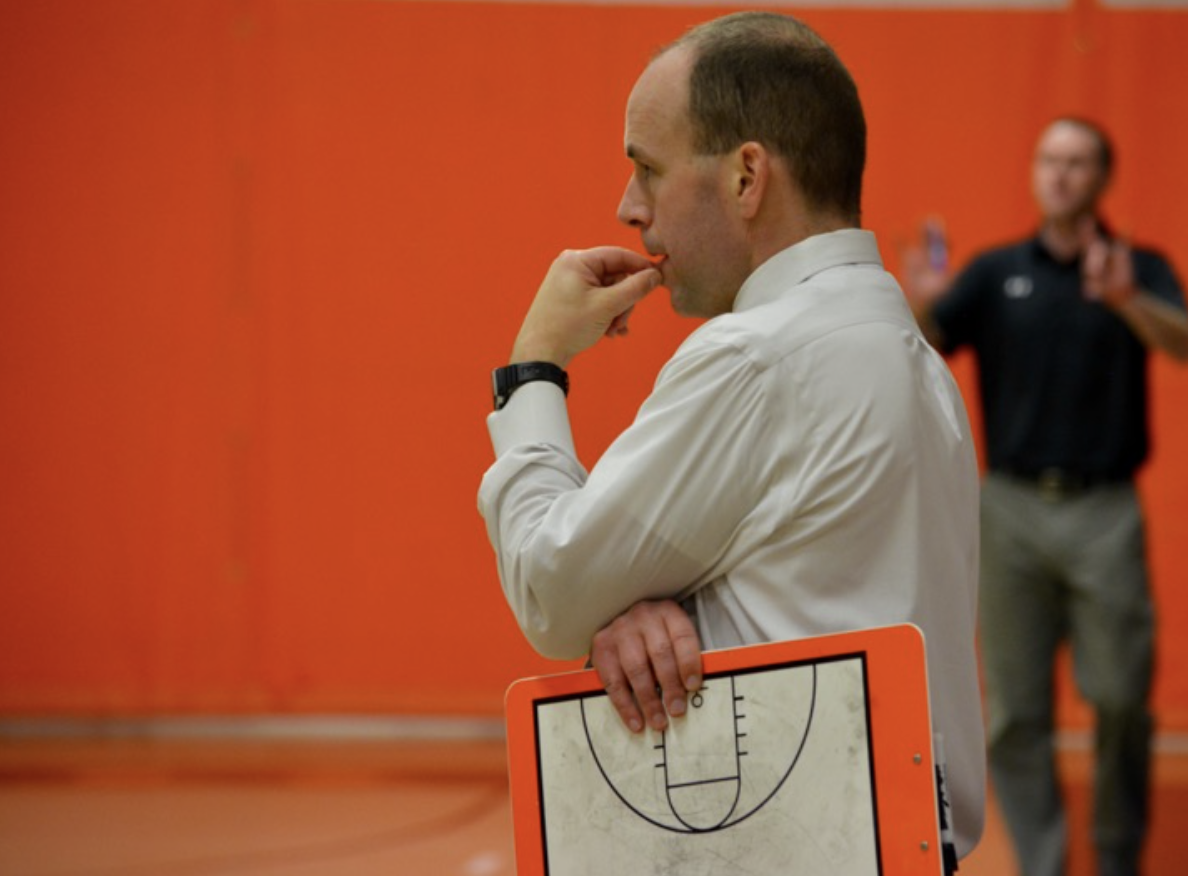For the second year in a row, the Howard Bison men’s basketball team qualified for a spot in March Madness, the National Collegiate Athletic Association (NCAA) Division I men’s basketball tournament. This year, 26-year-old collegiate basketball player Seth Towns played his seventh season of basketball at Howard University. While Towns might not have been a standout player for Howard, his performance has college basketball fans questioning the fairness of NCAA eligibility rules. These grievances are definitely warranted and we would have to agree with those fans.
At the age of 19, Towns played his first season of college basketball at Harvard University in 2016 to 2017. That season, he averaged 12.3 points per game along with 4.4 rebounds per game. Towns’s sophomore year at Harvard was a breakout season for the basketball player. Towns averaged 16.0 points per game, 5.7 rebounds per game and shot 44.1% from the three point line.
Towns became 1st Team All-Ivy League, Ivy League Player of the Year and an AP All-America Honorable Mention. It was evident that Towns was a fantastic player for Ivy League standards. Towns missed the entirety of the 2018 to 2019 and 2019 to 2020 seasons (medical redshirt seasons) after undergoing knee surgery. A medical redshirt is when a collegiate athlete falls back one grade due to injury.
At the age of 22, Towns graduated from Harvard with a degree in English and was expected to move on from basketball. Instead, Towns elected to enter the transfer portal before he committed to Ohio State University (OSU). He also received a medical redshirt season by the NCAA for his junior season. Although we believe that redshirt seasons are justifiable in some cases, when an athlete has been extending their college career for too long, that is when the NCAA should step in and make guidelines for players who are far too old to be considered college athletes.
At OSU, Towns averaged 3.8 points per game in only 25 games played. In the off-season, Towns again dealt with injuries and was forced to undergo back surgery and miss his 2021-22 season. After a long debate, Towns shared on social media that he was stepping away from basketball to allow his back to fully heal, causing him to miss the 2022-23 season as well. It was clear that Towns was no longer the basketball player that he used to be during his debut 2016 season at Harvard.
After his back fully healed, Towns elected to join Howard in 2023 and become a Bison for what was technically his senior season. Towns was one of the key players that helped Howard qualify for the tournament. This season, he averaged 14.2 points per game, 6.5 rebounds per game and 2.5 assists per game.
Now it seems that Towns has found his flow again after a few down years. However, with his improving performance, we are left wondering if it is fair for a player such as Seth Towns, who is now 26 years old, to still be continuing his career in college basketball. While Towns might have technically only played in four seasons, he was still able to take advantage of college facilities, coaching and training for over seven years, while others usually only get four years. That is a three year difference, and we don’t think that it is fair that players like Towns get such a large advantage compared to others. Especially now that college athletes are able to earn millions of dollars through N.I.L. deals, it is even more likely that upcoming players will try to take the same path that Towns has to prolong their careers and earn as much money as possible. The NCAA needs to address this issue and set concrete rules on player eligibility before it’s too far gone.






























